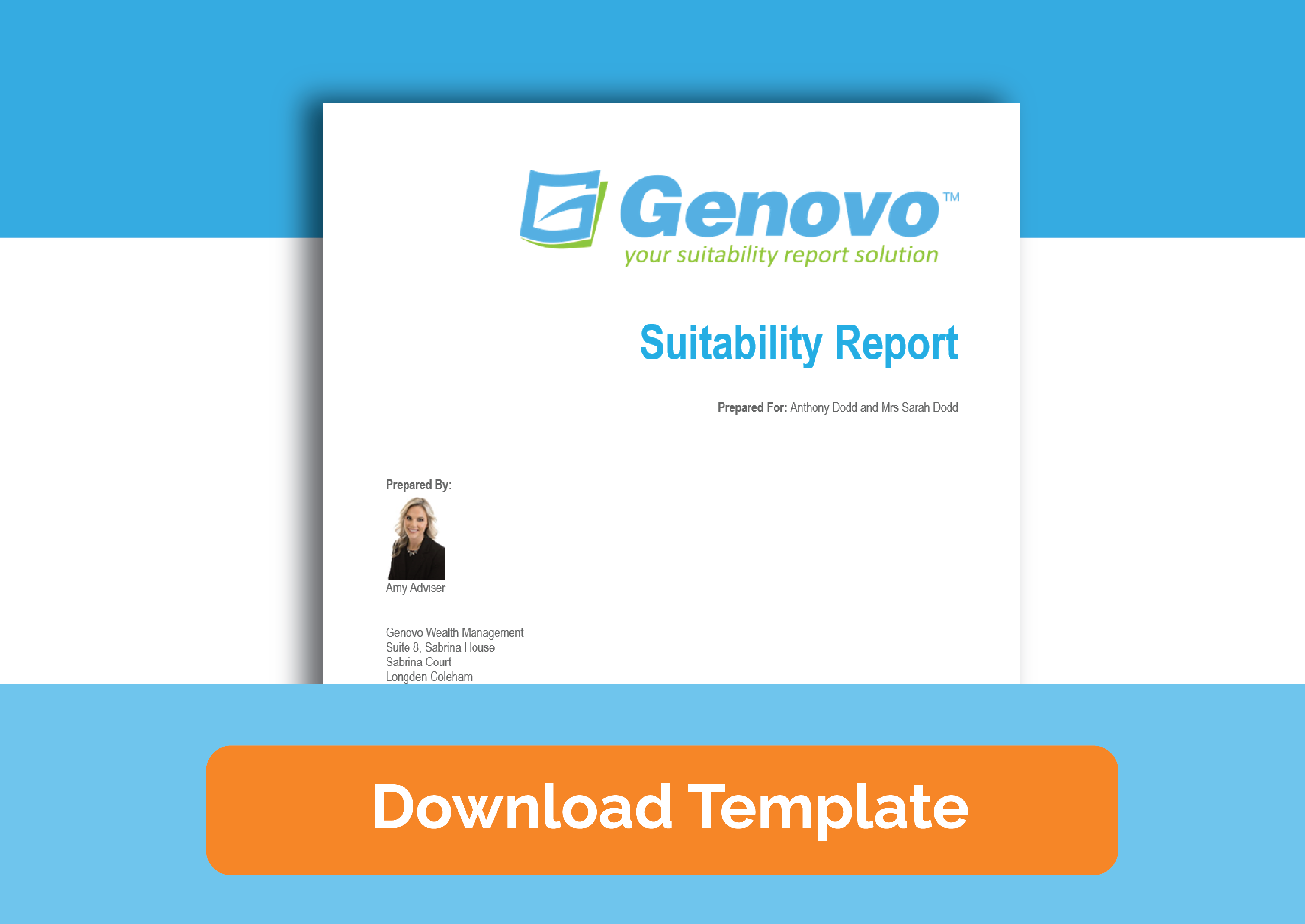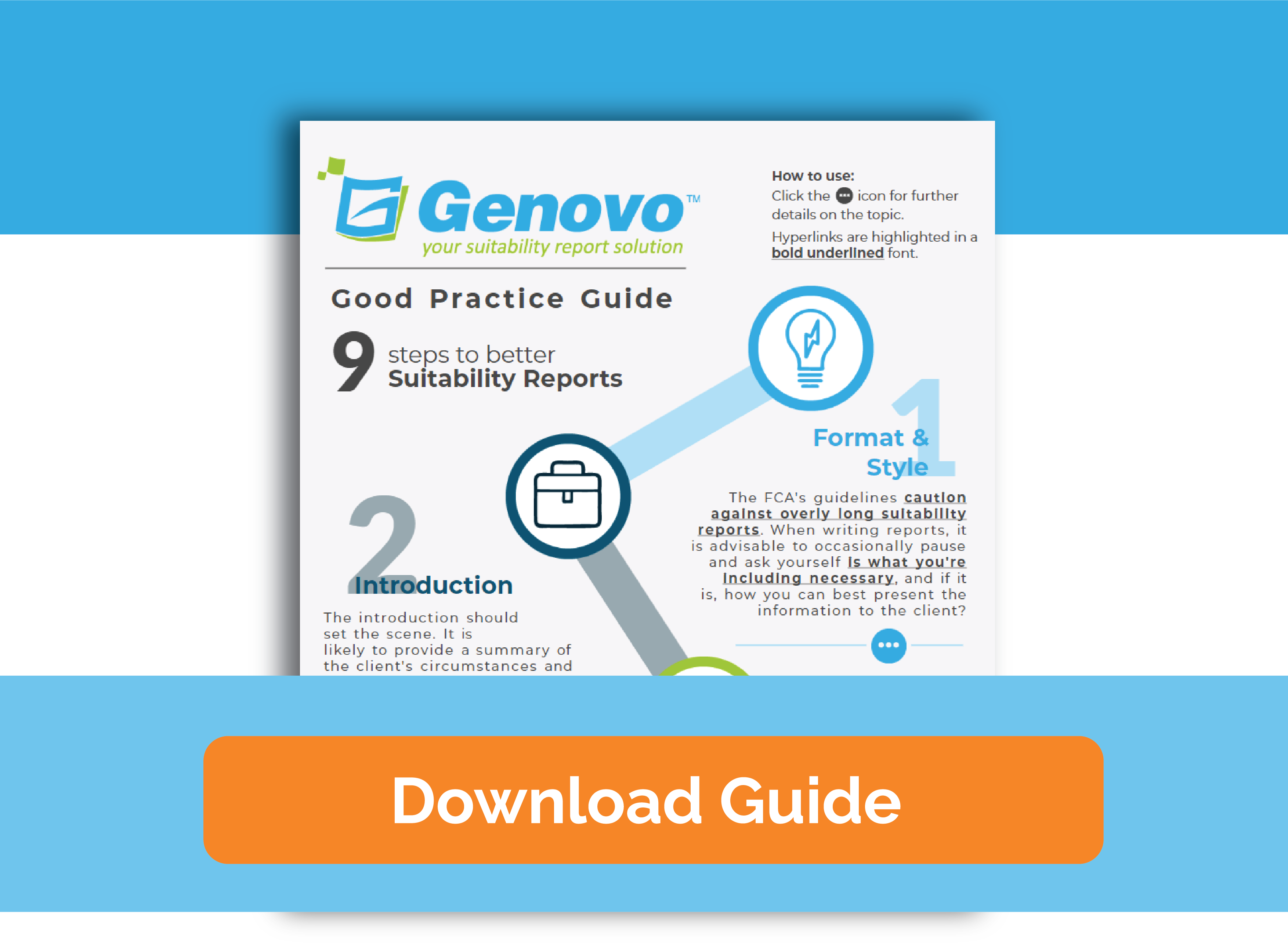
What makes a good adviser website?
Ed Evans
What makes a good adviser website? Websites are one of the most important assets of any business, especially in an industry such as financial planning where client relationships are so important. Having a decent, professional and engaging online presence requires a great deal of thought and can be quite time consuming, but it will add more credibility to your business and can really help you stand out from the competition.
Web pages should be designed so a person can identify and understand the content easily. Some of the key principles to creating a good adviser website, are as follows:
Clear, simple content and structure
Good websites are not cluttered; they are easy to read, clean and professional. Rather like a suitability report should be! Less is often more when it comes to websites.
Easy navigation
The best websites are always reader-friendly and very simple to navigate around. Website visitors can have a very short attention span, especially if they need to hunt round for the information they are looking for.
Visually appealing
Your website should be outstanding. Beautiful website design makes a site (and your company) more memorable and will help it and your business stand out from the competition.
Good performance
There’s nothing worse than a website that takes an age to load or navigate through. Video, audio and graphics that are optimised for all platforms help a website to load and run more quickly. Visitors will not hang around for content to load if it takes too long.
Reader friendly
People don’t generally read websites, they scan them. If you can’t work out what a company does after 10 seconds of looking at their website, the content needs addressing! Good websites will use clear headings and small blocks of text to help visitors read the content more easily.
Strong Search Engine Optimisation
There’s little point of having a great website if it’s never seen. SEO will help bring relevant visitors to the site. I’ll be covering SEO in one of my next posts.
Original and relevant content
The main function of your website is to convey relevant content to your visitors and help them understand your services, your experience, your reputation in the industry and your fees where relevant. Displaying client testimonials, awards and adviser biographies can really help gain the trust of potential clients.
Lead generation
If you’ve spent time creating a fantastic website, why not use it to help you generate new business leads. You can do so by offering useful resources in return for some information such as a name, telephone number and email address – much like we do with our suitability report checklist. I’ll also be covering lead generation and nurturing in a later post.
Linking to your website
Having links to your website from other relevant websites and social media sites such as LinkedIn, Facebook and Google Plus can help promote your site, build a community for your business as well as improving your SEO.
Website tracking
Website analytic tools such as Google Analytics can help you understand who is visiting your website and help you better target a website’s audience and improve conversion rates.
Remember that your website is one of the most visible aspects of your business. It may be the difference between a prospect doing business with you or going elsewhere. Your website is an extremely important part of your online marketing strategy.
Take a minute to check out Nicola Brittain’s top ten websites on the Professional Adviser blog.
Make sure you don’t miss out on this series – subscribe to get alerts when we post.
Image courtesy of bplanet / FreeDigitalPhotos.net

